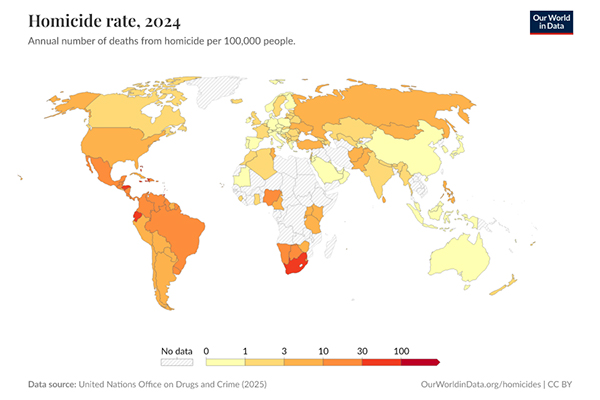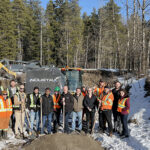Home »

Peace at any cost
By Peter Christensen
Op-Ed Commentary
 Bob Dylan recently said, “When the right to speak is suffocated, art withers, and we step into an age of darkness.” Implied in this statement is the notion that one should be allowed to say anything about anyone and any situation.
Bob Dylan recently said, “When the right to speak is suffocated, art withers, and we step into an age of darkness.” Implied in this statement is the notion that one should be allowed to say anything about anyone and any situation.
But what if what is said advocates violence, repression, racism and bigotry? Will protecting the right to say hateful things prevent an age of darkness and make art wither? Leaders have studied our past and enacted rules prohibiting slander and incitement. After debate, they agreed that less ‘darkness’ would ensue if libelous and hateful speech was limited.
Is there a difference between Freedom of Speech and the Freedom to Make Speeches? While we are free to make speeches what we say does have consequences.
Journalists search their hearts for the reasons behind Charlie Kirk’s murder. Theories are proposed on why his killer acted: (a) he was deranged in habit from dysfunctional “brain rot” induced by endless computer games and then acted out a morally bankrupt fantasy; (b) he was inflamed by the hate filled rhetoric poured out by contemporary media platforms; (c) his violence was a reaction against those who advocate for a police state.
Is making Charlie Kirk into a martyr going to change anything?
Though books by great thinkers entreat compassion others are filled with horrible stories of homicide framed within political motivation, religious belief, racial differences and revenge. Throughout our human history the killing of our fellows has been part of human nature. To counter this nature leaders have written enforceable codes that outlaw murder yet individually motivated murder continues.
Mother’s weep, father’s spit on rule of law and pray for vengeance. Solemn parents find little comfort in speeches by woolen self-enraptured leaders about bravery and frontlines, even less in wreaths made of roses. Yet amid all this ‘human nature’ I am told compassion exists.
Some argue citizens should be free to make speeches about whatever they desire. However, what is said may have consequences. We liberals cling desperately to the idea that the State can play a role in preventing vengeful and random violence. We acknowledge that peace does have a cost, even though it limits our ‘freedom.’ What else is there to hold onto?
The latest statistics on homicide in the US in 2024 cite 4,205 deliberate murders: about six per 100,000, in Canda 778 intentional killings, about 2.7 persons per 100,000 per year.
These are crude and heartless measurements, however before recommending action based on singular comparisons one might consider the following randomly chosen murder rates by country per 100,000: Jamaica 45.7 (the highest), Ecuador 45.7, Mexico 24.9, Australia 0.85, Algeria 1.16, Norway 0.72, Spain 0.69, Japan 0.23 and one of the lowest Singapore 0.07. Factors cited that contribute to lower murder rates include the wealth or lack of wealth of nations, unemployment rates, the effectiveness of its law enforcement, and the severity of punishment for committing murder.
One consistent notion is clear; to observe morality we must attain mastery over our mind and our passions. There are at least two pathways: one is to enforce rules so stringently that persons dare not veer from the prescribed path for fear of capital punishment. Another is to reenforce the belief that individuals will, given a choice, an education and something to eat, follow a less violent path. These pathways give humans gifted with an appreciation of culture the opportunity to make rules and to fulfill their desire to live in accord with their choices.
That said, will humanity act for everyone’s benefit? Last week an ex-marine drove his vehicle into a Michigan church during service. He believed the church to be the refuge of the anti-Christ. He shot two children and set the church on fire and was killed during the ensuing gunfight. President Trump said, “this kind of violence must stop.”
Is something new needed? Are we doing the best we can?
Our World in Data graphic
– Peter Christensen is a Columbia Valley based writer and poet.







